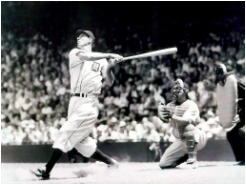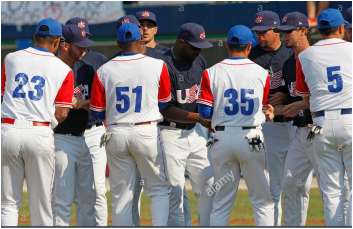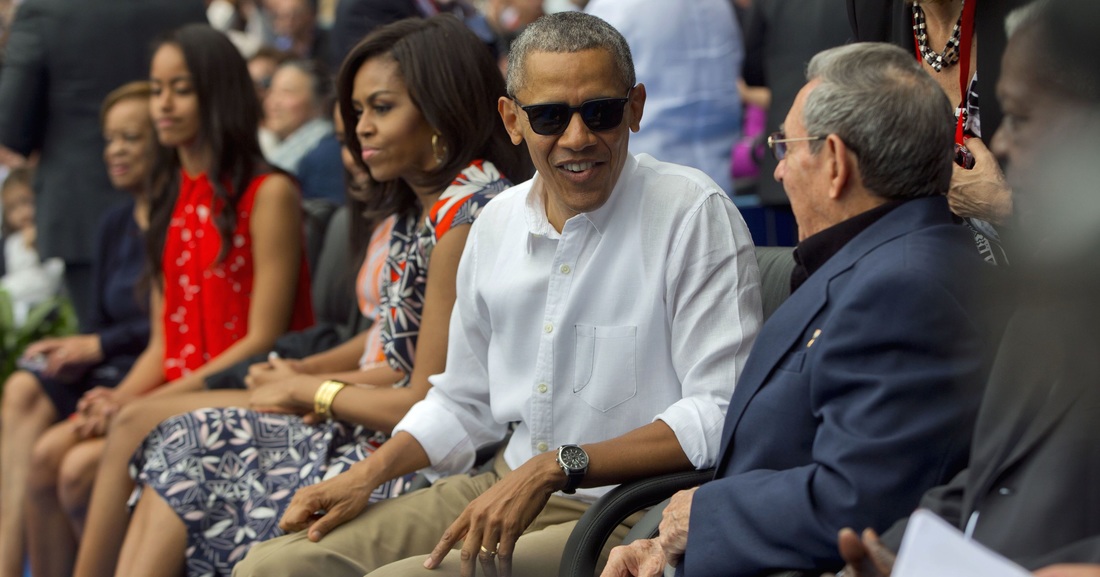
Since the dawn of the United States of America, it seems as though baseball has truly been “our national pastime.” We have assigned an entire narrative to the sport: one of hot dogs, reverent hymnals, and cracker jacks. Baseball has united families, communities—and in the darkest times, our nation.
In many ways, the “American Dream” and baseball are inseparable narratives. Each tell stories of love, of loss, and ultimately of righteousness. Each transcend our ideas for what is possible and what is pure magic.
But is baseball still as dogmatic, as religious, as it has been in the past?
For those living in Cuba, this answer is a resounding “yes.” Baseball has become a beacon of hope for many living on the island and beyond. In 2015 when President Obama publicly deliberated opening up Cuba to America he wasn’t just reopening up Cuba to the USA, he was reopening up Cuba to American Baseball.
The first Major League Baseball game that came to Cuba was met with excitement and celebration. Even the President himself, accompanied by family, attended the game. Among the MLB players playing against the Cuban team was Dayron Varona, a Cuban himself who had left the island in 2013 in order to play for the Rays. Umpires Angel Hernandez and Lazaro Diaz also were reunited with their homeland through playing the game. The game did not only reunite two countries, it reunited families.
In many ways, the “American Dream” and baseball are inseparable narratives. Each tell stories of love, of loss, and ultimately of righteousness. Each transcend our ideas for what is possible and what is pure magic.
But is baseball still as dogmatic, as religious, as it has been in the past?
For those living in Cuba, this answer is a resounding “yes.” Baseball has become a beacon of hope for many living on the island and beyond. In 2015 when President Obama publicly deliberated opening up Cuba to America he wasn’t just reopening up Cuba to the USA, he was reopening up Cuba to American Baseball.
The first Major League Baseball game that came to Cuba was met with excitement and celebration. Even the President himself, accompanied by family, attended the game. Among the MLB players playing against the Cuban team was Dayron Varona, a Cuban himself who had left the island in 2013 in order to play for the Rays. Umpires Angel Hernandez and Lazaro Diaz also were reunited with their homeland through playing the game. The game did not only reunite two countries, it reunited families.
 Players shake hands after the game (AP)
Players shake hands after the game (AP) Originally, baseball was celebrated for providing the opportunity to rise above class. Now, it is celebrated for its ability to transcend borders. Before the recent contact between the US and Cuba although, it was much harder for Cubans to play, as the embargo did not allow for Cubans to come to the US without abandoning their families, friends and lives on the island. Despite these obstacles, at least 25 Cuban players have signed major league contracts worth more than $1 million in the past six years, many of which risked their lives in order play.
But despite the dire conditions of the past, commissioner Rob Manfred seems hopeful for the continued future relationship between the MLB and Cuba, and stated in a press conference that, “ . . . Baseball represents a pivotal common bond in our cultures, and the impact that Cuban ballplayers have made on our game is undeniable. I am hopeful that this tour will represent the beginning of a longstanding relationship.”


